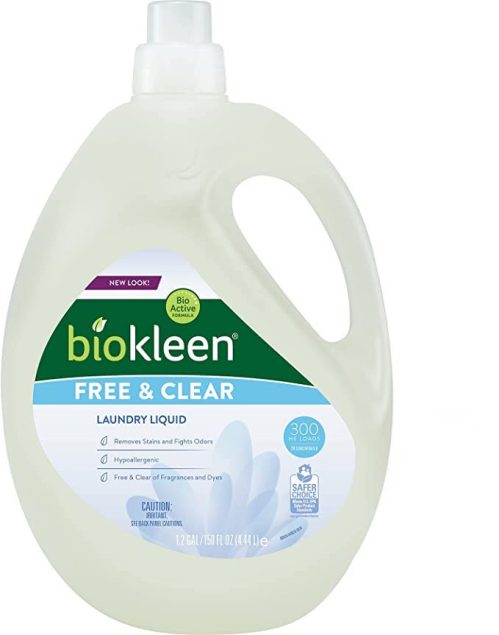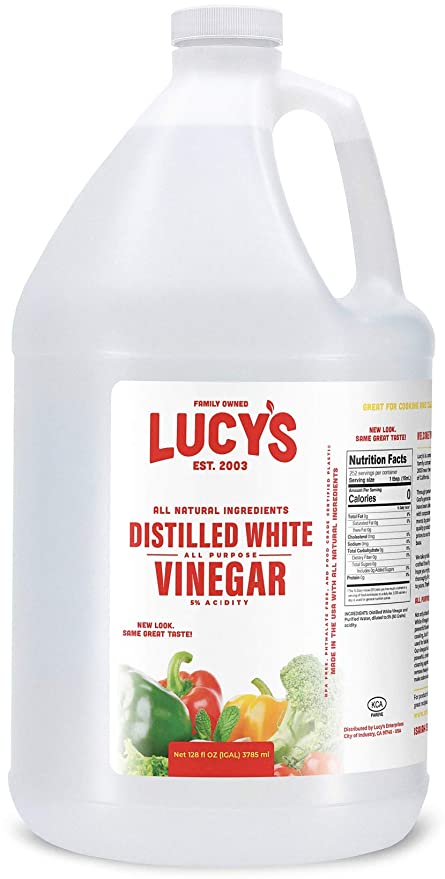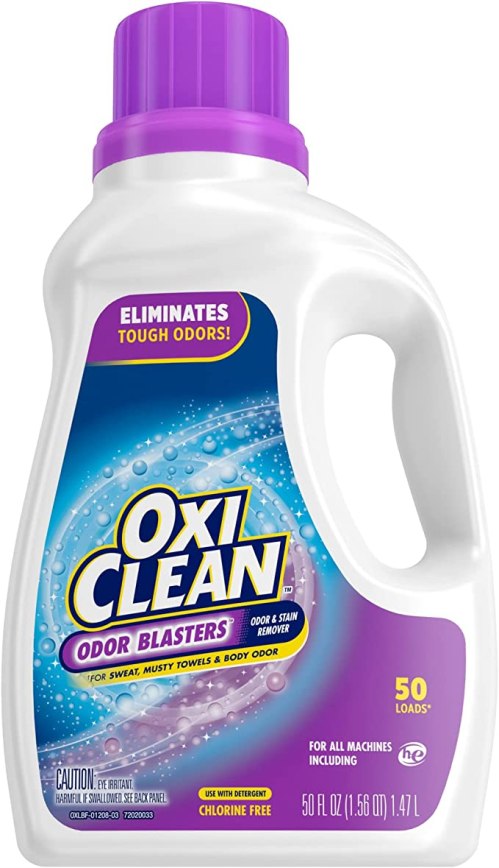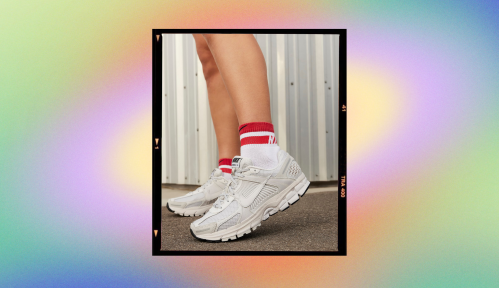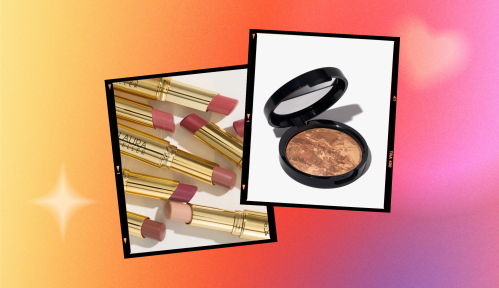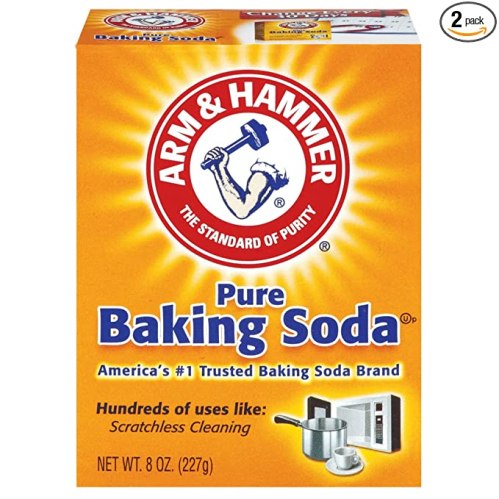Our editors independently select these products. Making a purchase through our links may earn Well+Good a commission
It is a common laundry mistake to think that more is better when washing towels. Too often, people use more laundry detergent than is needed and additives like fabric softener and dryer sheets. According to “The Laundry Evangelist” Patric Richardson: “These aren’t necessary.” Not only will they do more harm than good to towels, they can also shorten their lifespan. With this in mind, Richardson and other laundry experts share how to wash towels the right way—your best bath towels deserve nothing less.
Experts in This Article
professional cleaner and owner of Betty Likes to Clean
microbiologist and author of The Germ Files
Washr experience specialist at Hampr
certified building biologist, building materials specialist, and co-founder of Branch Basics
chief cleaning officer at MaidPro
laundry specialist, host of The Laundry Guy, and author of Laundry Love: Finding Joy in a Common Chore
board-certified dermatologist specializing in medical and cosmetic dermatology
How to wash towels the right way: 4 tips & tricks
1. Use less detergent
When washing towels—or anything else, for that matter—you only need two tablespoons of laundry detergent per load. “It sounds counterintuitive,” says Richardson, “but people get crunchy towels or towels that smell sour or musty because they use too much detergent.” What’s more, excessive detergent can leave towels dirtier, rather than cleaner, in the long term. As Hampr laundry expert Kate Hanks told Well+Good, it causes build-up between fibers which hold on dirt and bacteria.
Biokleen, Free & Clear Laundry Detergent, 150 Fl. Oz. — $30.00
Richardson recommends washing towels with a plant-based laundry detergent like this one from Biokleen—and it has received a 4.7-star overall rating on Amazon to boot. It’s also hypoallergenic and free of fragrances, dyes, and artificial brighteners. As a bonus, it’s EPA SaferChoice certified and is cruelty free. The concentrated formula means you can clean more towels with less laundry.
2. Avoid fabric softeners and dryer sheets
“Avoid fabric softeners and dryer sheets like the plague,” says Richardson. Both can leave behind residue that affects a towel’s absorbency and, as a result, its ability to dry you off. Plus, that residue can contribute to odor retention and leave you with stinky towels. In place of these additives, laundry experts recommend using distilled white vinegar. “[It] removes detergent and mineral residues … as well as a conventional fabric softener,” Branch Basics co-founder Marilee Nelson told Well+Good. Just a half-cup of vinegar in the fabric softener dispenser should do the trick.
Lucy’s, Natural Distilled White Vinegar, 128 Fl. Oz. — $17.00
With a near-perfect star overall rating on Amazon after more than 10,600 shoppers chimed in, Lucy’s distilled white vinegar is a popular choice. Many reviewers have attested to using it for laundry—and with great results. “I love putting this vinegar into my laundry,” one Amazon reviewer proclaimed. “It is saving the fluffiness of my towels!”
3. Steer clear of chlorine bleach
If you want to thoroughly disinfect your towels, don’t use chlorine bleach, which can discolor white and colorfully dyed varieties. Instead, use color-safe bleach or oxygen bleach, which are safe to use on colorfast fabrics. Richardson also says that baking soda can work to clean and brighten towels that have been stained. (As a bonus, the natural deodorizer can also promise fresh-smelling towels.) To use, simply add a quarter-cup of baking soda to the washing drum.
OxiClean, Odor Blasters Odor & Stain Remover Laundry Booster, 50 Fl. Oz. — $9.00
This odor-and-stain remover promises to be tough on stubborn smells and stains while being gentle on your stuff. The formula is chlorine-free and color-safe, only leaving behind a scent that many Amazon reviewers seem to love. “Got the mildew stink out of my towels in the first wash,” wrote one satisfied Amazon shopper.
Arm & Hammer, Pure Baking Soda (2-Pack), 8 Oz. — $7.00
If you want to avoid using bleach, try baking soda. Multiple Amazon reviewers have reported that it successfully eliminates unwanted odors and lifts stains. A reviewer also mentioned that they use it to stave off smells in between laundry days: “We use them in sports laundry hampers to remove odors until we can launder the clothing.”
4. Wash towels in warm water on the ‘quick-wash’ cycle
Richardson advises washing towels in warm water (unless the care label specifies washing them in cold water). If you’re using a washing machine, he also recommends choosing the 30-minute “quick-wash” or “express” cycle. Richardson warns that if you keep towels in the washing machine for too long, you risk them wearing out prematurely. “Once they’re clean, they’re clean,” he says. “There’s just no reason to continue to abrade them.”
How often to wash towels
As a general rule on how often to wash towels, it’s recommended to wash bath towels about once every two days, microbiologist Charles Gerba, PhD, wrote in a TIME Magazine article—and preferably with oxygen bleach to rid towels of the stuff they typically accumulate when you use them daily. (Think dirt, oil, dead skin cells, and bacteria.) As for how often to wash hand towels? That will depend on whether they’re being shared among multiple people. Consider washing hand towels twice a week if shared among several individuals, Melissa Homer, MaidPro chief cleaning officer, previously told Well+Good. Otherwise, you can wash hand towels once a week, says microbiologist Jason Tetro, PhD.
Should you wash brand-new towels?
You always want to wash brand-new towels before using them, says Richardson. Manufacturers typically add chemicals that make them look—and feel—soft and fluffy in the store. When your skin comes into contact with these substances, they can cause irritation, particularly if you have sensitive skin or if you are allergic to one or more of these ingredients, dermatologist Shirley Chi, MD, previously told Well+Good.
How to make towels soft and fluffy again
If your towels have transformed from soft and fluffy to stiff and scratchy, it’s probably because you’re using too much detergent when you wash them. Fortunately, you can bring them back to their former glory using several methods, the first of which involves laundry stripping. “Laundry stripping is a process of removing build-up—residue from softeners, hard water, and minerals, as well as dirt, oil, and bacteria,” Diane Regalbuto, owner of Betty Likes to Clean, told Well+Good. It’s also easy to do: Simply soak your laundry in hot water and a mixture of baking soda, Borax, and laundry detergent. Easier still, you can simply reduce the amount of detergent you use. It will take three to four washes to notice a difference, says Richardson, but wash towels with vinegar to speed up the process.
How to dry towels in the dryer
Drying your towels properly is the next step to ensure it stays in excellent condition. Richardson recommends tumble-drying towels and removing them from the dryer as soon as they’re dry—and not a minute longer. He says that if you leave towels in the dryer for too long, it can weaken the fibers and cause rips and tears. It’s also worth mentioning that a towel’s dry time varies according to the fabric. Quick-drying towels made from bamboo or microfiber, for example, will require less time in the dryer than lofty options made from, say, terry cotton. If you’re unsure of how long it will take your towel to dry, Richardson recommends monitoring the dry time of the bath towels the first few times of washing them.
What about air-drying towels?
While you can air-dry towels, Richardson says using a dryer is preferable if you want to maintain their fluffy softness. “If you hang [towels] on the clothesline or hang them to dry, they generally aren’t as lofty because they aren’t exposed to that tumbling [of the dryer] to build up that loft,” he says.
Frequently asked questions about how to wash towels
How do you wash towels to keep them fluffy?
If you want to keep towels fluffy when you wash them, there are three things to remember. The first is to “use a tiny amount of detergent,” says Richardson. (Ideally, you’ll want to use two tablespoons of detergent per load.) The second is to avoid using fabric softeners and dryer sheets. And lastly, according to Richardson? “Do not overdry your towels.”
Is it okay to wash towels with clothes?
The short answer is yes, says Richardson, for as long you don’t use too much detergent. “If you don’t use too much detergent, you won’t have the issue with lint sticking to your clothes,” he says.
Is it smart to wash towels in cold water?
Richardson prefers washing towels in warm water, though some manufacturers will require washing in only cold water. With this in mind, it’s always best to wash towels according to the manufacturer’s care instructions.
Sign Up for Our Daily Newsletter
Get all the latest in wellness, trends, food, fitness, beauty, and more delivered right to your inbox.
Got it, you've been added to our email list.

